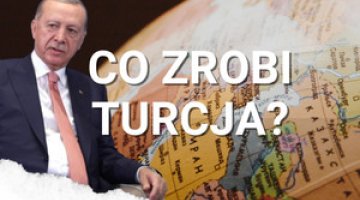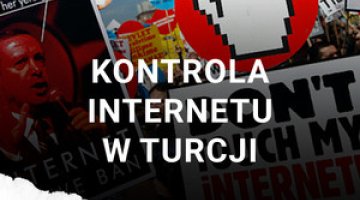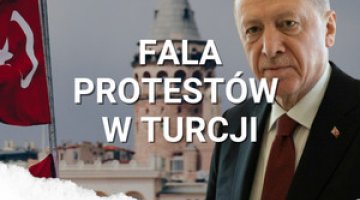Turkey: Prime Minister announces Democratisation Package
On 30 September the Turkish Prime Minister Recep Tayyip Erdoğan announced a long-awaited package of laws aimed at improving democratic standards in Turkey. The new legislation addresses a number of deficits in the Turkish democracy stemming from, inter alia, the nationalistic and strictly secular state ideology (which the ruling group has been gradually diluting since 2002). With respect to political freedoms, the package provides for a number of measures including liberalisation of the law on public assemblies and relaxation of the minimum election showing requirements that political parties have to meet to obtain funding from the state budget (the threshold has been reduced from 7% to 3%), as well as opening of a debate on lowering the election threshold (which currently stands at 10%). The most important changes concerning the Kurdish minority include legalising instruction in languages other than Turkish in private schools, the right to political campaigning in the mother tongue, abolition of the ban on the use of the Kurdish letters ”w”, “x” and “q”, as well as permission to restore Kurdish place names. As regards the relations between the state and religion, the package ultimately abolishes the rules that prohibited Muslim women from wearing headscarves in the workplace. The Prime Minister has announced that the reforms would be continued, but did not offer any schedule.
Commentary
- The package was intended as a demonstration of the government’s commitment to a programme of democratisation, and was also a response to the wave of internal and external criticism levelled at the government in the wake of its harsh reaction to the mass protests in summer. It also forms part of the peace process launched in spring to resolve the problem of the Kurdish minority in Turkey.
- The changes that lift restrictions on religious practice (especially the issue of headscarves) will consolidate the government’s popularity among its core electorate (conservative Sunni Turks) and will help the ruling party maintain its good poll standings (43%). This is important in the context of the coming election season in 2014/2015 (local, presidential and parliamentary elections).
- However, the breadth of the remaining changes, and the way in which they were prepared, has frustrated the hopes of liberal sections of Turkish public opinion and the ethnic and religious minorities. For those groups, the package falls short of expectations not only in comparison with the maximum programmes formulated by some of these groups (which in the case of Kurds included allowing for instruction in the native language in state schools, lowering of the election threshold and the release of Kurdish political activists from prisons), but also in comparison with the press speculation that preceded its publication, in which the commentators expected that the Alawite religious minority would be granted official status, the Kurdish language would be allowed in state offices and a Greek Orthodox theology seminar would be opened in the Heybeli island.
- The limited scope of the changes will stand in the way of the government’s main political objective, i.e. the improvement of its democratic image at home and abroad, and appeasement of the dissatisfied social groups. On the contrary, it will reinforce the Prime Minister’s image as a politician who is reluctant to open dialogue with the public and who can only accept a paternalistic “controlled democratisation”. It will also deepen the impasse of the Kurdish peace process. This situation may lead not only to new outbreaks of discontent, but also to a breakdown of the relative peace that has prevailed since spring in the Kurdish-populated south-east of the country.





